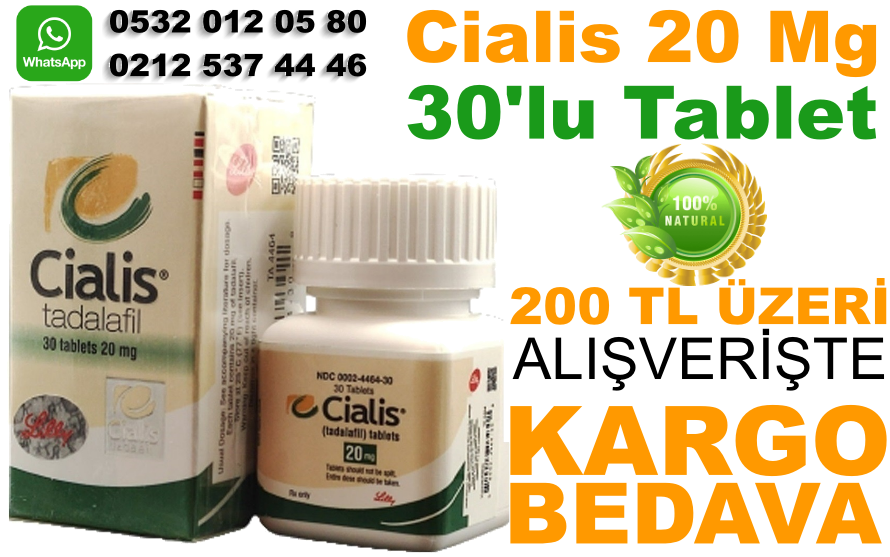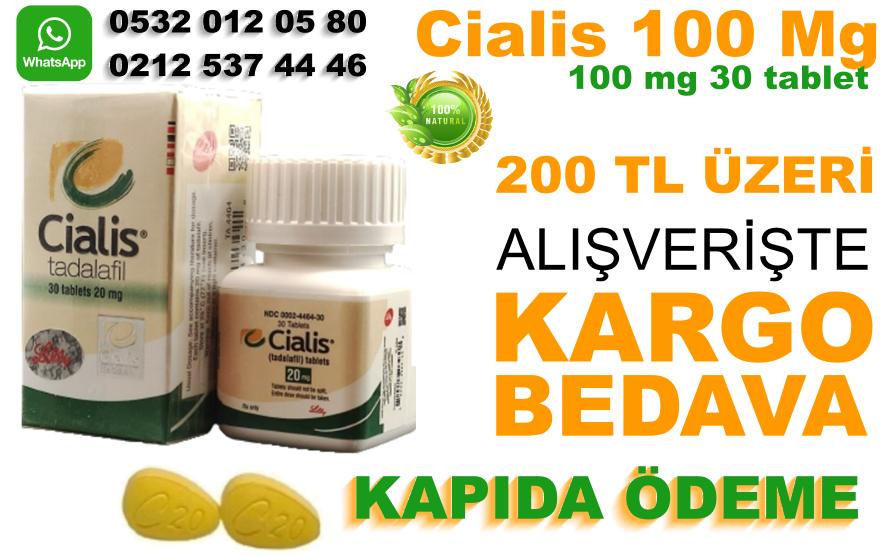Bulgaria, with the E.U.’s lowest vaccination rate, faces a surge in cases.
Bulgaria began requiring residents to show proof of vaccination to eat at restaurants, attend movie theaters and enter shopping malls starting …

Bulgaria began requiring residents to show proof of vaccination to eat at restaurants, attend movie theaters and enter shopping malls starting Thursday, as its government struggles with a wave of cases and vaccine hesitancy.
The country has the lowest vaccination rate of any European Union member, with about a quarter of adults fully vaccinated. On Tuesday, it reported a record number of new daily cases and 200 deaths linked to the coronavirus.
“The situation is critical,” the interim health minister, Dr. Stoycho Katsarov, said in a television interview on Wednesday. “The nation is facing tremendous hardship and most people cannot even reckon the scale of the calamity.”
He announced the tightened restrictions on Tuesday, after weeks of calls by public health officials for tighter measures.
People in Bulgaria who choose not to get vaccinated can show a recent negative test or proof of recovery from Covid-19 to enter indoor venues, and no proof is required to enter pharmacies, banks, public transport or grocery stores.
The measures also apply to hospital and nursing home employees, who must show a “green pass” to work.
As the number of new reported cases rises, already strained hospitals are struggling to accommodate the surge in patients. Schools in several districts have switched to online learning.
In the last two weeks, Bulgaria has had one of the highest mortality rates of any European Union country, according to the European Center for Disease Prevention and Control. Of coronavirus deaths in the past 24 hours, 94 percent were among the unvaccinated.
While vaccines are widely available, many Bulgarians have resisted vaccination because of rampant disinformation and mistrust in the authorities. Public health efforts have also been hampered by months of political instability, which left political parties reluctant to introduce vaccination mandates or other unpopular measures.
Unlike in Western Europe, very few political leaders have been vaccinated publicly. Boiko Borisov, the prime minister until the spring, received his first shot only at the end of July.
Some experts said the government had waited too long to introduce tighter restrictions. “New measures came too late,” said Dr. Radka Argirova, the head of the Bulgarian Virology Association. “We should have tightened the measures months ago.”
Shortly after the new measures were announced, several vaccination centers in the capital Sofia saw an increased demand for vaccines.
But there were also shows of resistance. On Wednesday, several hundred supporters of two small, far-right parties marched in Sofia, the capital, to protest the new rules.























